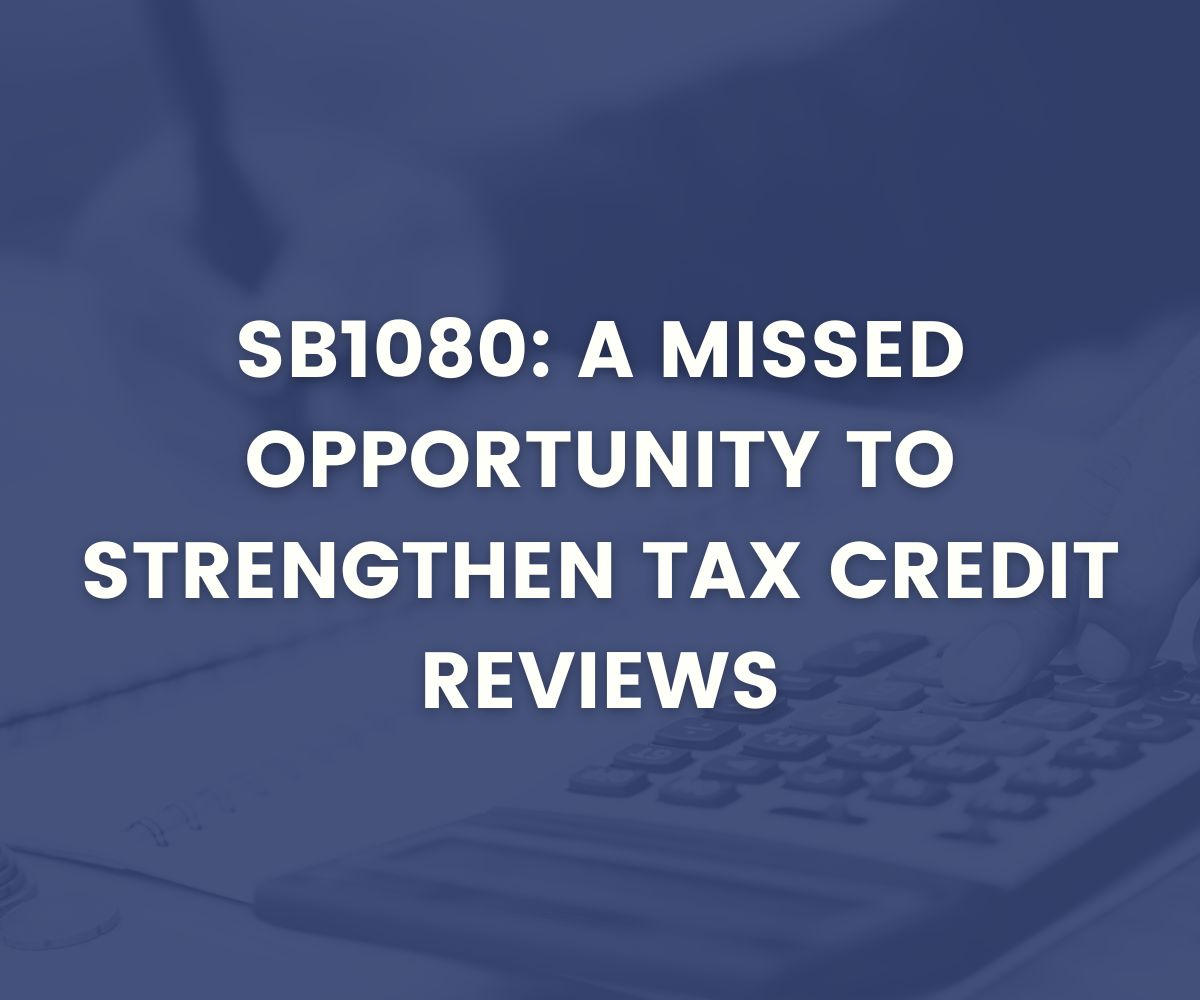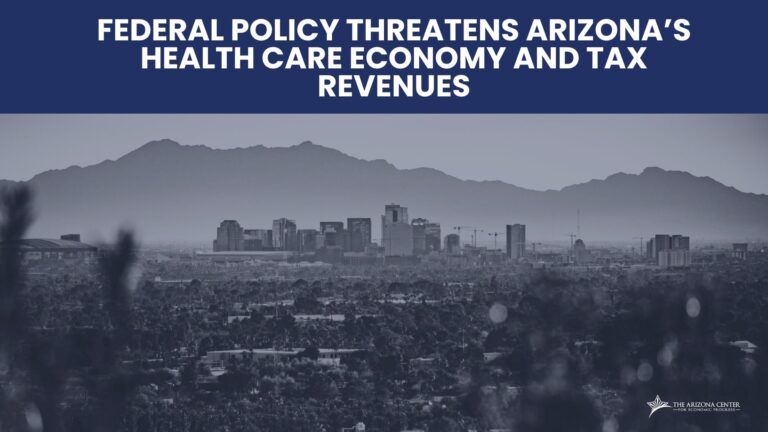
SB1080 Could Strengthen Tax Credit Review Process but not if the Tax Credit Review Committee Never Meets
Arizona has a variety of tax credits available to taxpayers. In its wisdom, the legislature created the Joint Legislative Income Tax Credit Committee in 2002 to keep an eye on credits, including revenue and economic impact and whether a credit has been a success or failure. SB1080 would require the Joint Legislative Income Tax Credit Review Committee to answer a new question when evaluating a tax credit:
Are adequate protections in place to ensure that the tax credit will not cost state revenues substantially more in future years?
Since most tax credits have no aggregate cap, their impact on state revenues isn’t known until after they have already been claimed.
While this is an important question to ask and have answered, the tax credit review process itself has a major flaw. Since 2016, the Joint Legislative Income Tax Credit Review Committee has met only once. Knowing whether controls are in place to protect a tax credit from exploding beyond what was estimated at the time it was enacted is smart fiscal policy, but it won’t matter if the committee fails to meet to receive the reports and propose changes to the full legislature.
Tax credits are taking an ever-increasing bite out of state revenues. Based on the latest information published by the Department of Revenue, from tax year 2014 to tax year 2022, tax credits used to reduce taxes paid nearly tripled, from $364 million to $1 billion, while tax credits carried forward to be used to offset future tax liability nearly doubled, from $1.3 billion to $2.3 billion. Much of the carry-forward amount reflects taxpayers who have zeroed out their tax liability and have balances remaining on tax credits that can be used in future years. Those taxpayers may be counting on the Joint Legislative Income Tax Credit Review Committee to continue to shirk its responsibilities.
SB1080 was scheduled to be heard during the Senate Finance Committee meeting on Monday, January 27, but has now been removed from the agenda. SB1080 should be enacted, and legislators should commit to turning this ghost committee into one that actively carries out its statutory duties.



